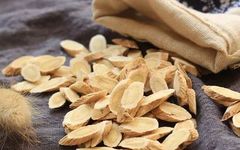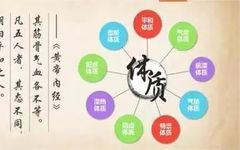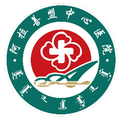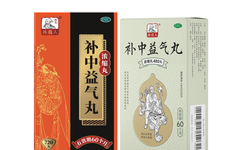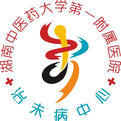Manifestations of Qi Deficiency Constitution and Dietary Therapy for Qi Deficiency
The manifestations of Qi deficiency constitution include a weak voice, easy fatigue, susceptibility to colds, and difficulty in recovery after illness. Below, we will specifically look at the manifestations of Qi deficiency constitution. Qi deficiency constitution is characterized by weak Qi, low vitality, and diminished organ function. This condition often arises from congenital insufficiency, long-term … Read more

